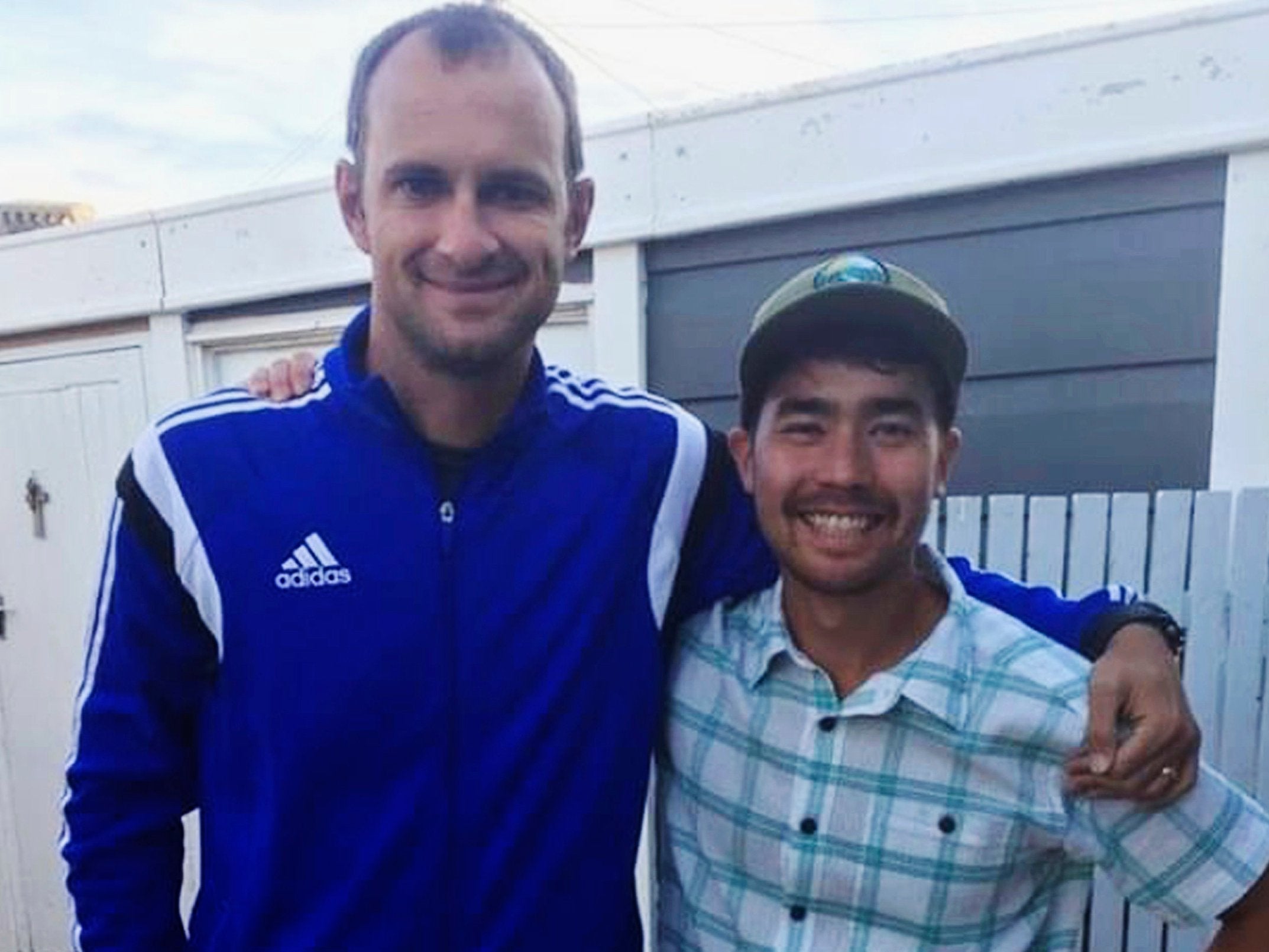John Allen Chau: Police stake out island where American missionary killed by remote island tribe
Indian authorities need to learn ‘nuances’ of Andaman tribespeople’s behaviour before they can recover tourist’s body
Your support helps us to tell the story
From reproductive rights to climate change to Big Tech, The Independent is on the ground when the story is developing. Whether it's investigating the financials of Elon Musk's pro-Trump PAC or producing our latest documentary, 'The A Word', which shines a light on the American women fighting for reproductive rights, we know how important it is to parse out the facts from the messaging.
At such a critical moment in US history, we need reporters on the ground. Your donation allows us to keep sending journalists to speak to both sides of the story.
The Independent is trusted by Americans across the entire political spectrum. And unlike many other quality news outlets, we choose not to lock Americans out of our reporting and analysis with paywalls. We believe quality journalism should be available to everyone, paid for by those who can afford it.
Your support makes all the difference.Police have mapped the area of a remote Indian island where tribespeople were seen burying the body of an American adventurer and Christian missionary.
John Allen Chau was apparently shot with arrows by islanders who then buried his body on a beach on North Sentinel Island, officers said.
Authorities will have to learn the “nuances of the group’s conduct and behaviour” before attempting to recover the body of the 27-year-old, said Dependra Pathak, the director-general of police of the Andaman and Nicobar Islands, where North Sentinel Island is located.
During their visit to the island’s surroundings on Friday, investigators spotted four or five North Sentinel islanders moving in the area from a distance of about 500m from a boat and studied their behaviour for several hours, said Mr Pathak.
“We have more or less identified the site and the area in general,” he said.
Friday’s visit was the second boat expedition of the week by a team of police and officials from the forest department, tribal welfare department and coast guard, Mr Pathak said.
The officials took two of the seven people arrested for helping Mr Chau get close to the island in an effort to determine his route and the circumstances of his death.

Officials typically do not travel to the North Sentinel area, where people live as their ancestors did thousands of years ago.
The only contacts, occasional “gift giving” visits in which bananas and coconuts were passed by small teams of officials and scholars who remained in the surf, were years ago.
Indian ships monitor the waters around the island, trying to ensure outsiders do not go near the Sentinelese, who have repeatedly made clear they want to be left alone.
Mr Chau went to “share the love of Jesus,” said Mary Ho, international executive leader of All Nations.
All Nations, a Kansas City, Missouri-based organisation, helped train Mr Chau, discussed the risks with him and sent him on the mission, to support him in his “life’s calling”, she added.
“He wanted to have a long term relationship, and if possible, to be accepted by them and live amongst them,” she said.
Police said Mr Chau knew that the Sentinelese resisted all contact by outsiders, firing arrows and spears at passing helicopters and killing fishermen who drift onto their shore.
His notes, which were reported on Thursday in Indian newspapers and confirmed by police, make clear he knew he might be killed.
“I don’t want to die,” he wrote. “Would it be wiser to leave and let someone else to continue? No I don’t think so.”
Mr Chau paid fishermen to take him near North Sentinel, using a kayak to paddle to shore and bringing gifts, including a football and fish.
Five fishermen, a friend of Mr Chau’s and a local tourist guide have been arrested for helping Mr Chau get to the island.
AP

Join our commenting forum
Join thought-provoking conversations, follow other Independent readers and see their replies
Comments